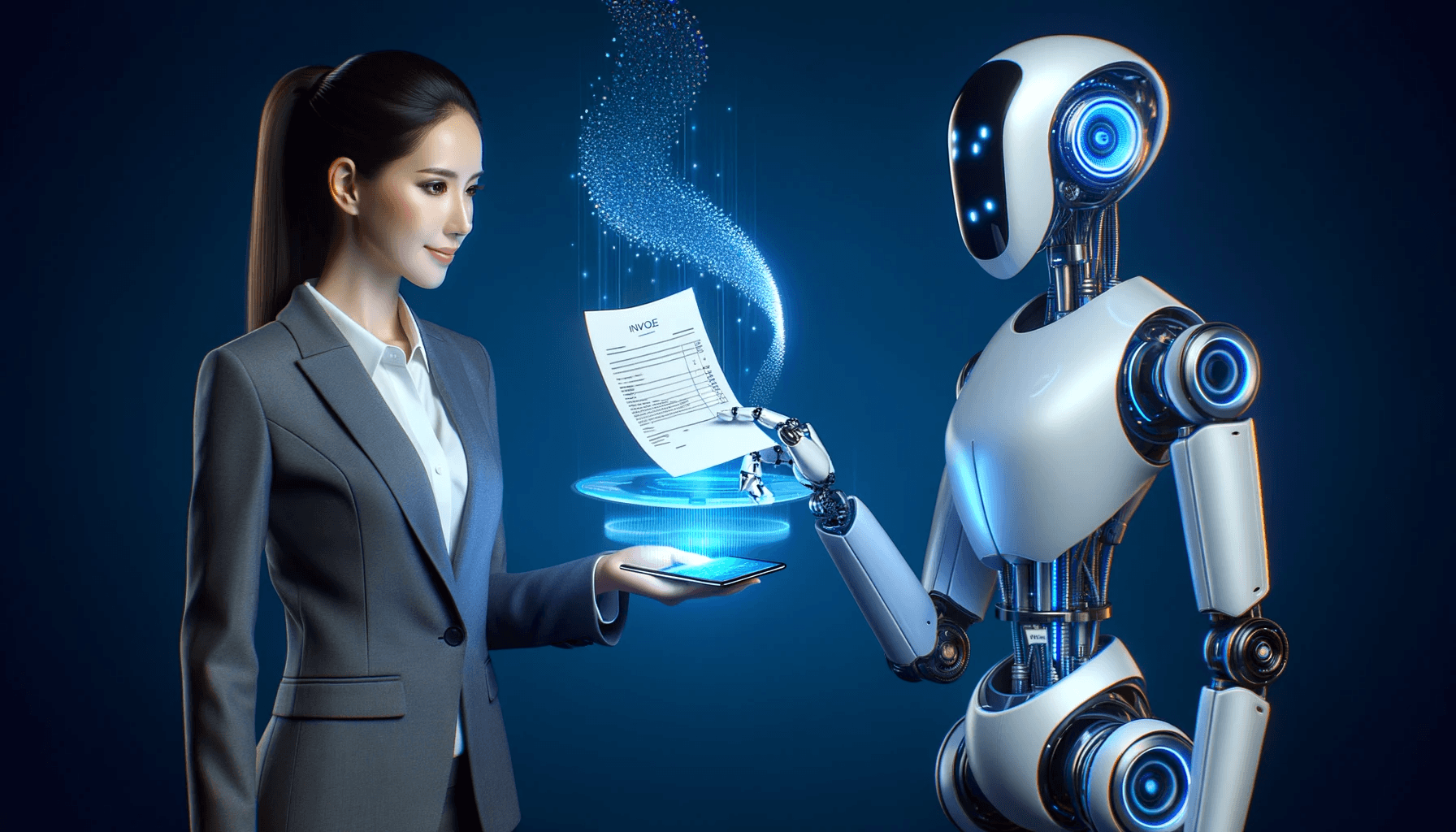The impact of digitalisation on accounting jobs: results of a study

According to the study, the Covid-19 pandemic has accelerated the speed of digital transformation of accounting and the share of accounting tasks performed by robotic automation will grow to 80% in the next 3 years. Most of the work of accountants as we know it today will be automated by digital service providers and a significant number of tasks will also be merged and moved to other roles.
"The rise of digitalisation has led to computers rapidly taking over tasks traditionally performed by humans. This has created the space for these people to focus on higher-level work or new challenges that require additional skills. Professionals in accounting and finance will increasingly require knowledge beyond these fields."
As such, financial data will be available as output from AI systems via web applications. Traditional accounting firm tasks such as auditing, tax and inventory will be automated and outsourced. The added value of work performed and monitored by robotic process automation (RPA) will increase.Over the next three to five years, accounting will see much greater use of technological enablers such as robotic process automation (RPA), artificial intelligence (AI), advanced analytics and blockchain technology.
How accounting jobs will change
Junior positions such as invoice clerk or assistant accountant are likely to disappear. Much of their work involves repetitive and time-consuming tasks that can be taken over by technology. The scope of junior work is likely to shift more towards data analysis and AI training.
Middle management level positions will shift to take responsibility for new key drivers arising from technology transformation. The quality and effectiveness of middle management roles will become more measurable.
Senior management roles will face increasing pressure to implement change in the organisation. Their performance will reflect the increased effectiveness of the use of new technologies. Expectations for reporting to be immediate and on-demand rather than periodic will increase.
The CFO will cease to be a custodian of financial statements and focus on optimizing resources for business growth.
How can accounting professionals stay relevant in the midst of the digital world?
The next generation of accounting professionals should understand not only accounting, but also AI, blockchain, advanced analytics and how these technologies work together.
"While digital solutions provide useful outputs, human intervention remains necessary. For example, in the areas of problem solving, applying business acumen, identifying strategic insights and sharing them across the organisation."
Staff in junior roles should have the opportunity to gain the qualifications needed to work with AI and digital accounting systems. They will be expected to take on senior level work.
Those in middle management positions should focus on increasing their knowledge, as it will be important for them to know about digital technologies and relevant opportunities to use them.
For those in senior management, an understanding of the digital systems market and the ability to identify the potential of appropriate solutions early on will be essential.
As the digitalisation of the accounting space accelerates, employers and employees should focus on gaining knowledge and skills with digital accounting systems. These will be key to protecting their future and building their careers.
Source: https://isca.org.sg/media/2824919/redefining-the-finance-function-with-job-redesign.pdf



